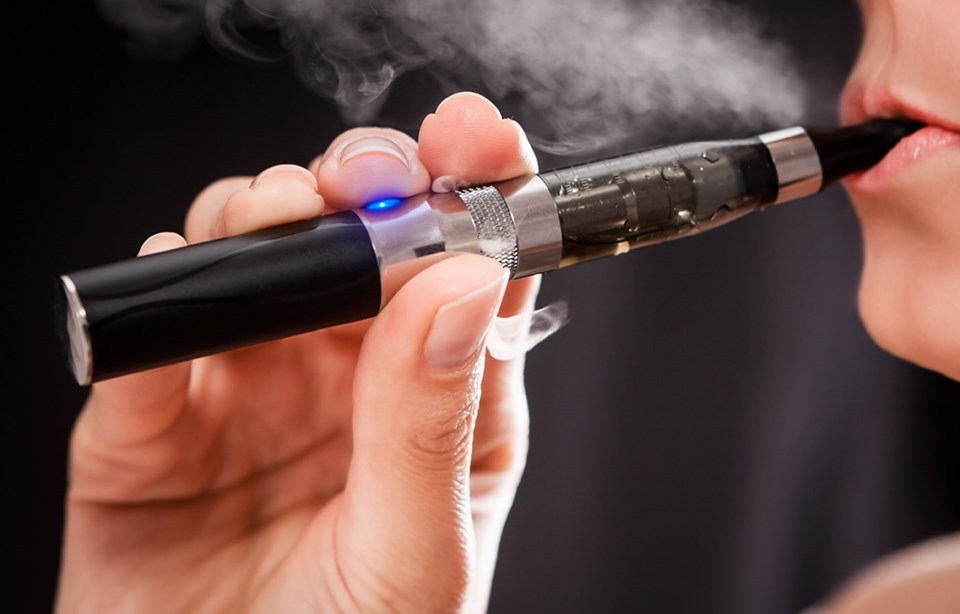The school district is expressing concern at the possibility of a vape shop being set up across the street from Howe Sound Secondary School.
In a letter addressed to the District of Squamish, school board chairman Rick Price asked municipal council to take into account the potential impact it may have on students, and also to consider a different location away from school property.
“We are concerned about this type of business being located in close proximity to one of our schools, and in particular the high school,” wrote Price.
While Price was not available to comment on his letter, school board vice-chair Ian Kent told The Chief the main concern of the school board was the possibility of health problems that vaping may pose.
“We’re trying to teach kids about smoking and the health hazards with it,” said Kent. “That access that close to kids is not a good location.”
“We believe there is a connection [to smoking] and we just don’t want to encourage kids to smoke,” he added.
Kent said the school board’s response is only out of concern for students’ health and, to his knowledge, there hasn’t been any troublesome behaviour in the Squamish area associated with vaping.
Vape shops typically sell e-cigarettes, which are devices that produce a vapour that can be inhaled just like smoke from a cigarette. Often loaded with flavour cartridges, e-cigarettes are marketed as healthier replacements for tobacco and can be loaded with nicotine to help wean people off smoking.
The business licence application for the vape shop is not public.
In response to the school board’s concerns, the District of Squamish has asked staff to investigate zoning regulations to ensure minimum distances between schools and future vape retailers.
But at the moment, said an email from district spokesperson Christina Moore, “the District has no means to withhold such a business licence if all of our regulatory requirements are met.”
The requirements include fire inspections, building inspections, prohibitions on selling to minors and stipulations ensuring vape products aren’t visible to minors.
Warning signs must also be visible to customers and employees regarding age restrictions.
But despite the precautions, some people remain concerned these products can also serve as a gateway to tobacco and drug usage, and may even associated with delinquency.
The evidence for this appears to be inconclusive at best.
“No indication of that at this point,” said Rob Gordon, a criminology professor at Simon Fraser University.
Gordon said no research is available to back up the notion that vaping may contribute to addiction, drug use or crime. There’s also nothing that indicates that vaping in of itself is addictive.
“There is no evidence to indicate that people are likely to become addicted to vaping any more than people become addicted to slurpees or any other pleasurable substance,” he said.
However, he noted that vaping has only become a mainstream activity recently, and the lack of evidence on the topic could simply just be because no one’s had any time to study it.
On the other hand, Gordon noted the health authorities have been noticeably silent about the topic.
“It doesn’t appear to be a public health problem at this point,” he said. “Because if they were – these vaping places have been around for quite a while – it would be something the public health officer would be on in a flash.”
But while the evidence against vaping doesn’t appear to be present, it seems as if Gordon hasn’t abandoned caution altogether.
“I have a teenage daughter and if she comes home with vaping apparatus, she’s going to hear from me,” he said.




